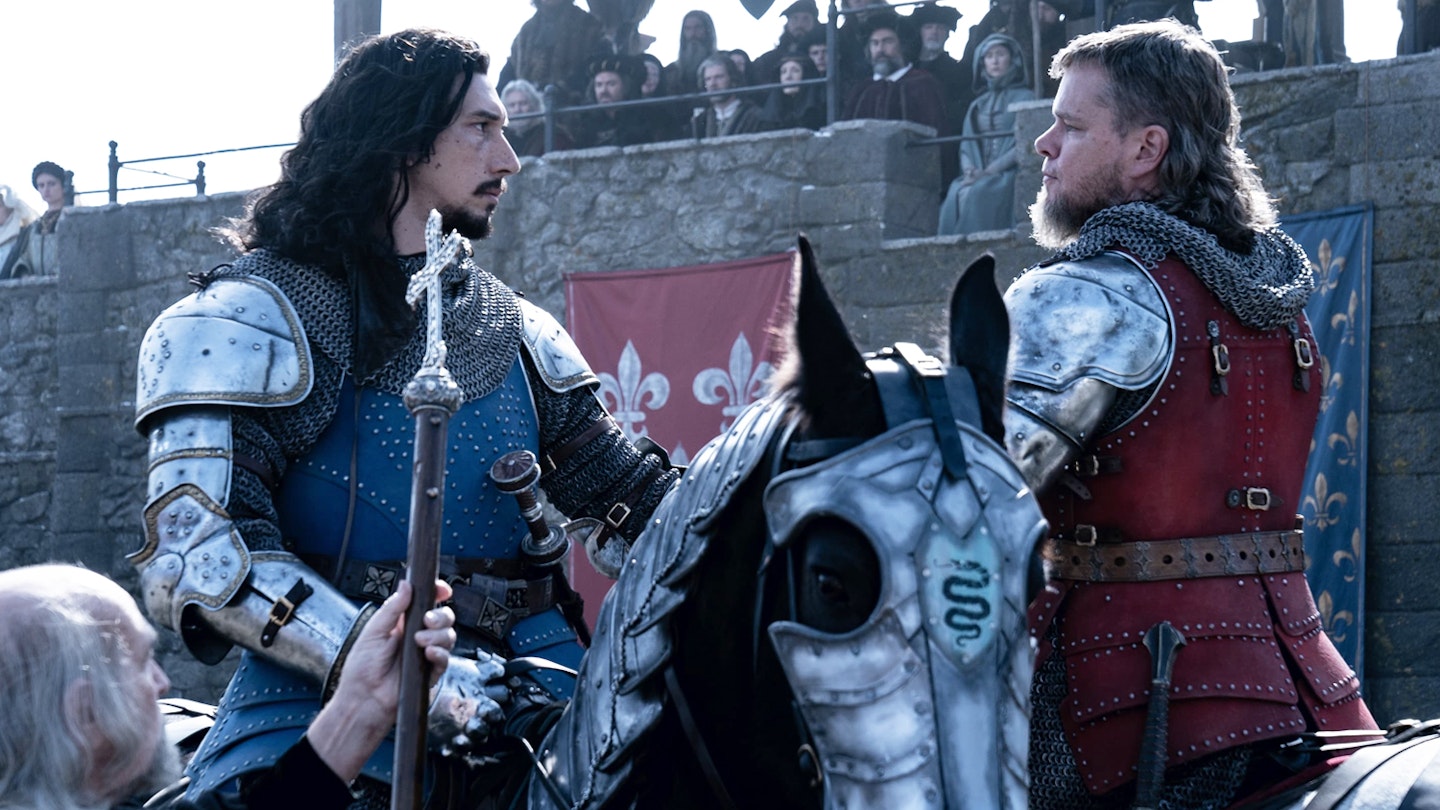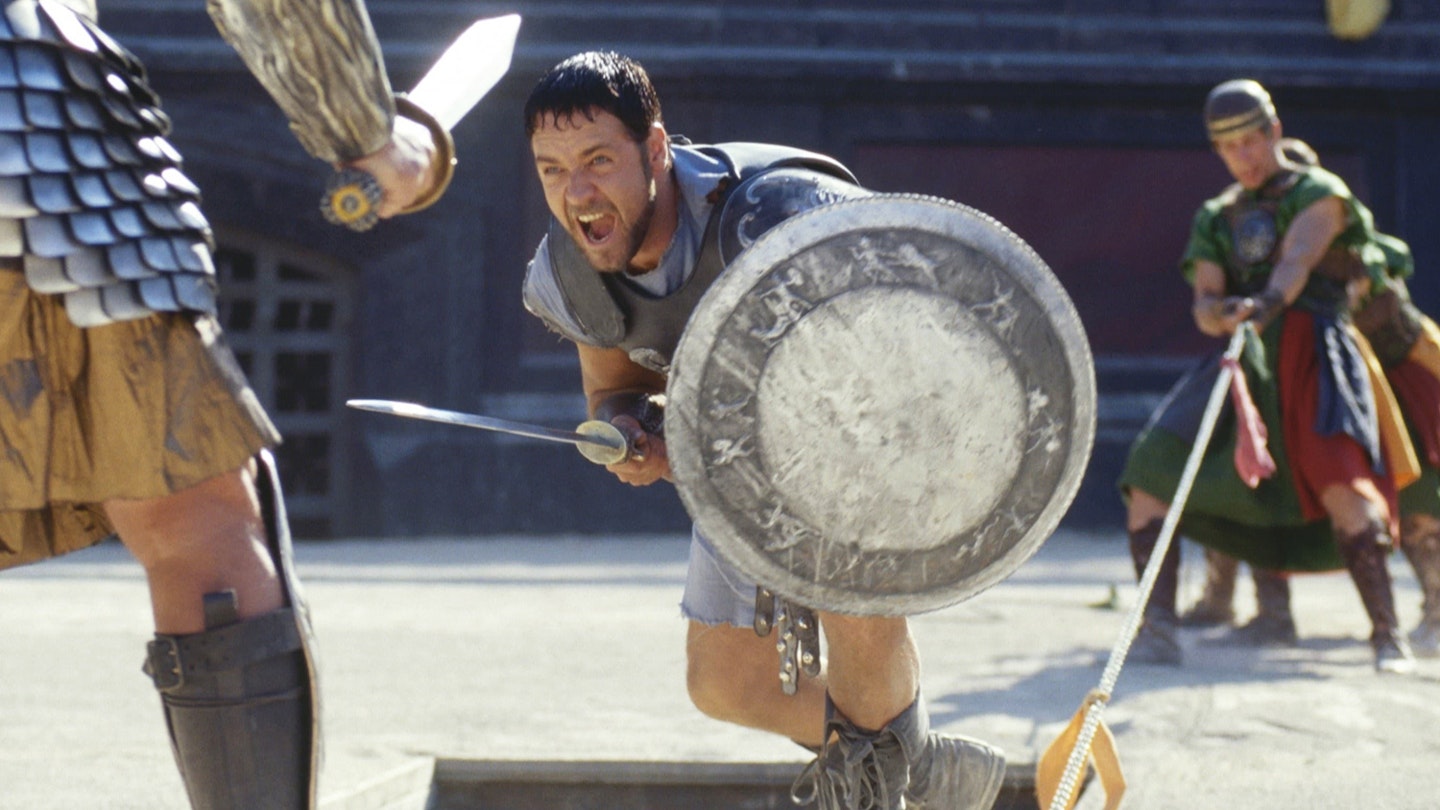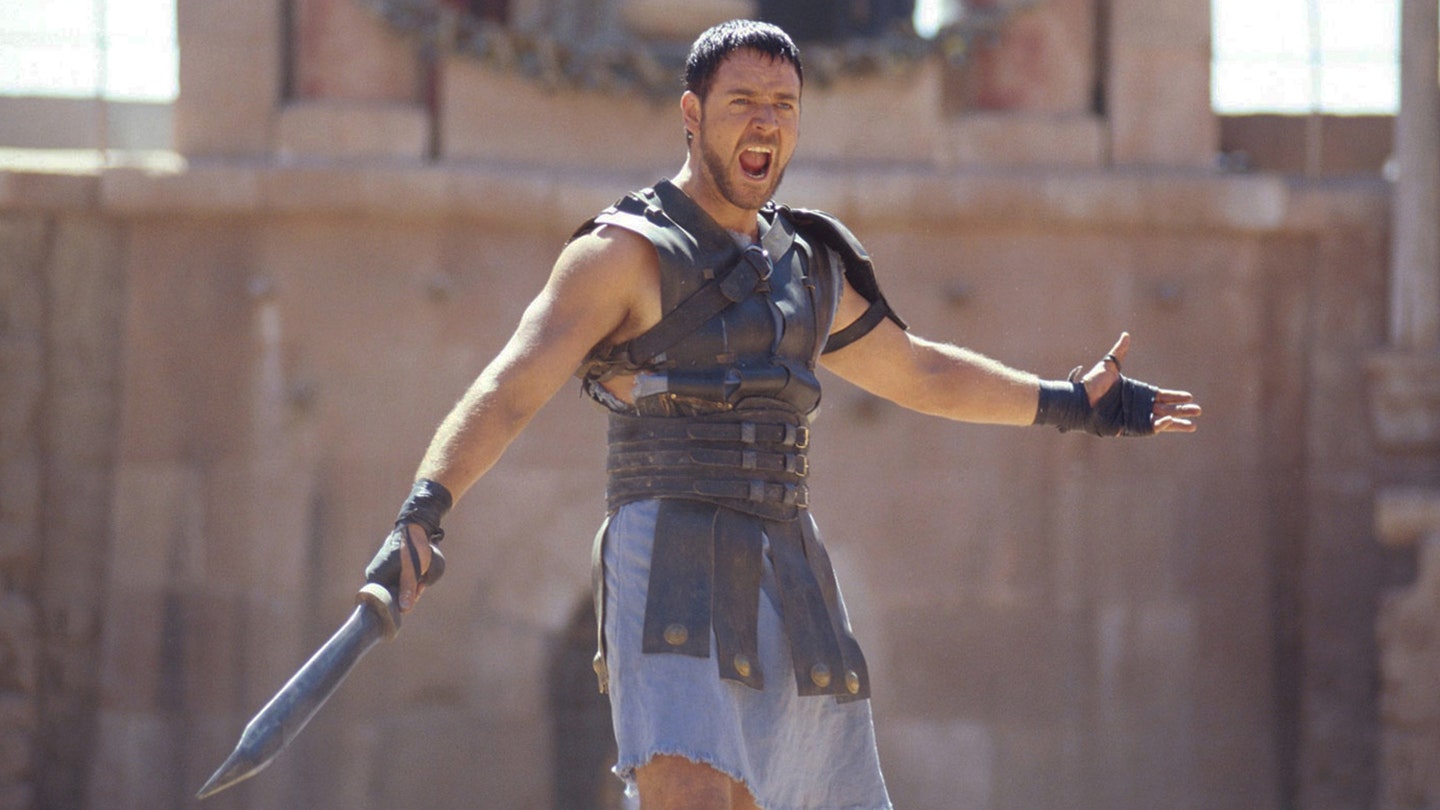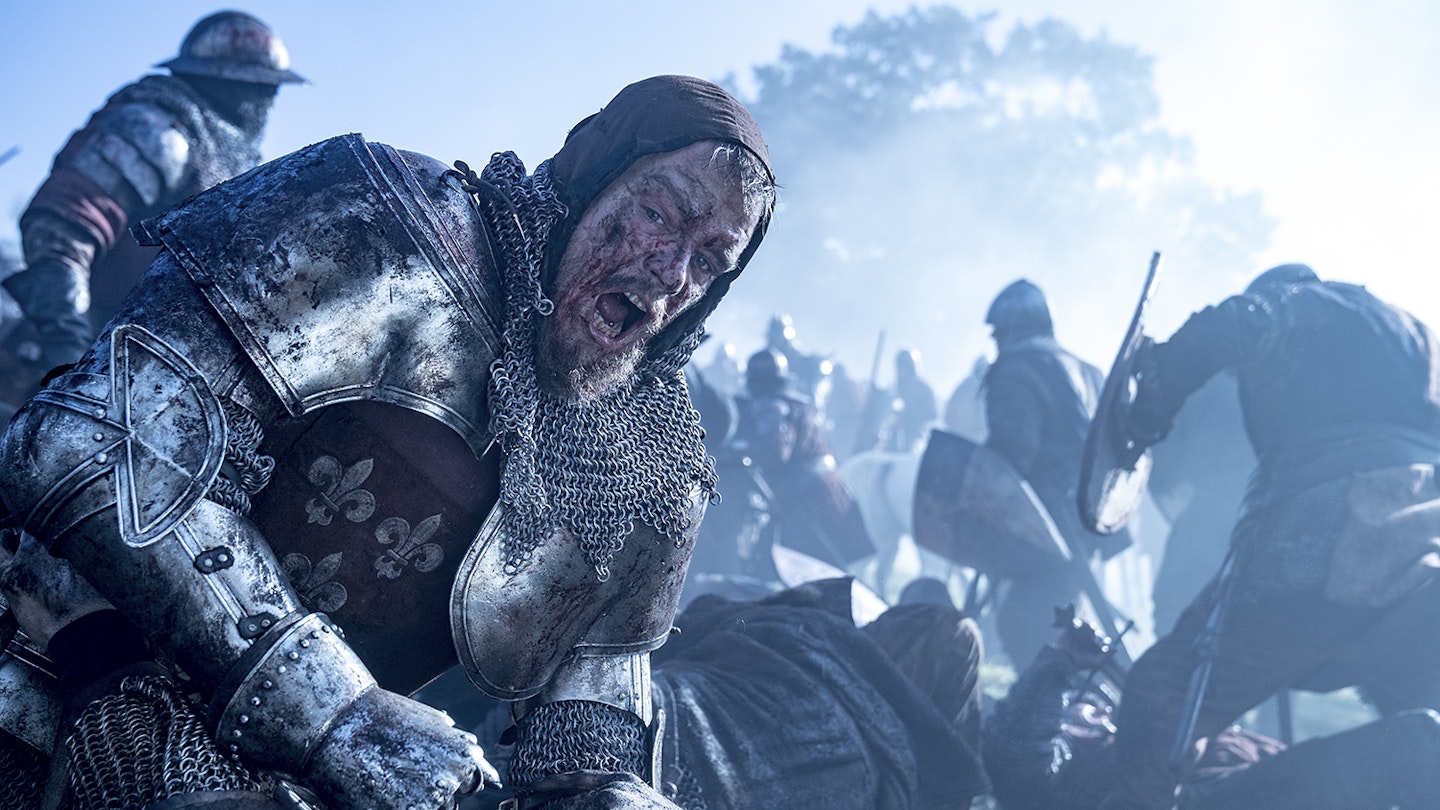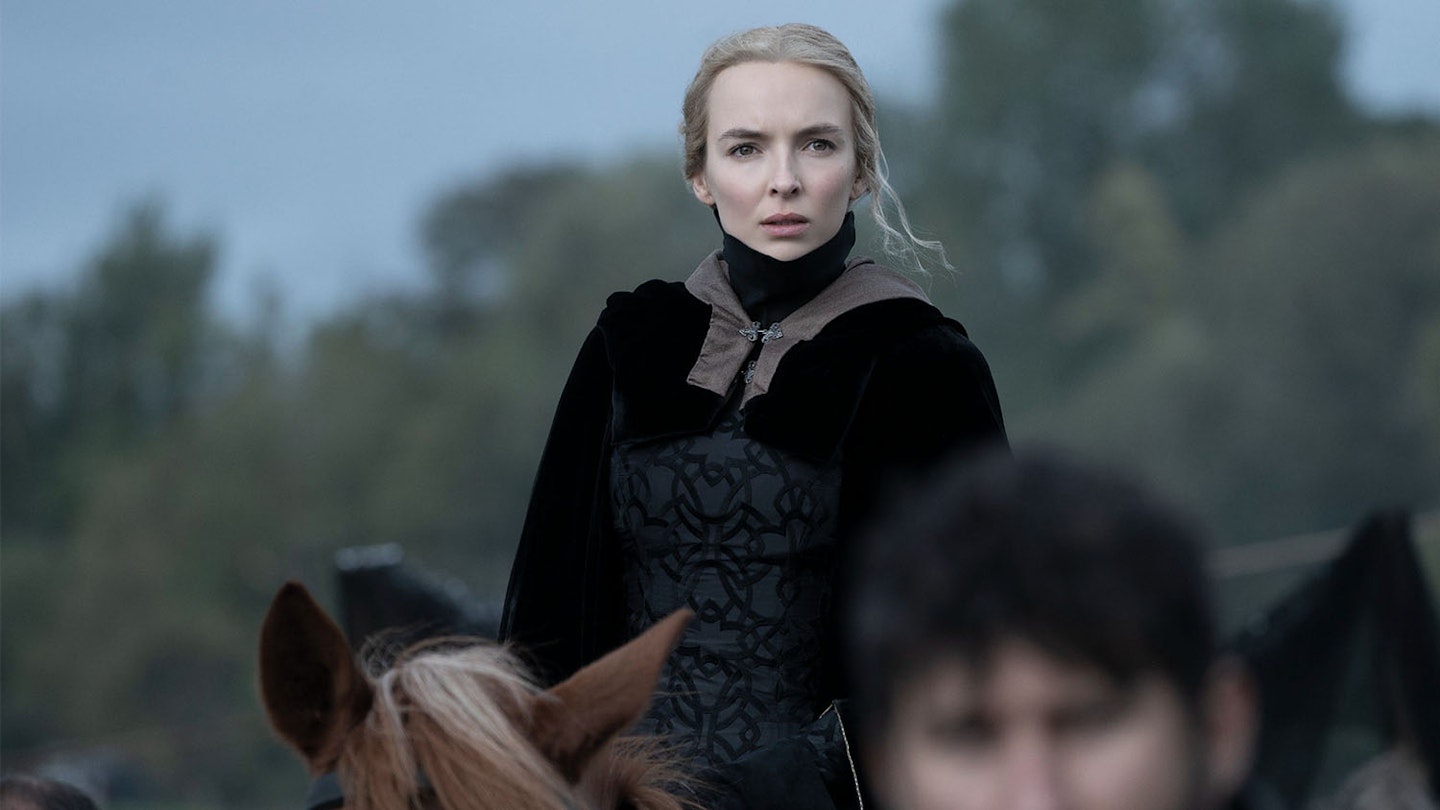When it comes to historical drama, Ridley Scott has always been drawn to the bloody spectacle of the battlefield: in Ancient Rome’s dusty arenas (Gladiator) or in Crusader-era Jerusalem (Kingdom Of Heaven). So to find his sharp eye focusing again on the distant past, and a crowd-drawing conflict, should come as no shock. But what’s surprising about The Last Duel is how little time it spends with its swords drawn.

Instead, we spend much of its two-and-a-half-hour length observing fascinating snippets of medieval French life (running a household, degrading dowry negotiations), zoning in on a rape trial. What this highlights is how abusive and repressive 14th-century Europe was to its women, here embodied in the real historical figure of rape survivor Marguerite de Carrouges (Jodie Comer). However, it takes time before we get to the crux of the matter: “Rape is not a crime against a woman” in this society, we learn. “It is a property crime against her husband.” Furthermore, if Marguerite’s husband loses the trial-by-combat he’s demanded to settle the matter, she’ll be deemed a liar in God’s eyes and burned at the stake.
With its Rashomon-inspired three-act structure, it is that husband, portrayed by Matt Damon with an ’80s mullet and an uncertain accent, who gets the first say (written by Damon). This gives the film a slightly awkward start as it presents a bitter man’s litany of grievances at the hands of playboy count Pierre d’Alençon — played with cynical relish by Ben Affleck.
It’s not until the final segment, written by Nicole Holofcener, that the film finds its true and most compelling voice.
The second part, scripted by Affleck, switches POV to d’Alençon’s favourite squire, Jacques Le Gris (Adam Driver), a charmer used to getting whatever he wants, who lusts after Marguerite with atrocious results. Despite being his take on events, there is, thankfully, no narrative attempt to excuse his behaviour, or his crime (which we have to watch twice, so be warned).
But it’s not until the final segment, written by Nicole Holofcener, that the film finds its true and most compelling voice in Marguerite, impressively portrayed by Comer as a woman not so much ahead of her time as reasonably defiant against its patriarchal travesties. You might not feel it was worth sitting through Jean and Jacques’ entitled versions to get to this, but they do provide the frustrating context of what Marguerite is up against in daring to speak out.
It’s almost a shame when Scott reverts to form and finally brings out the lances and blades. While the climactic joust is masterfully wrought, it sidelines Comer, and you’re so galled by the self-aggrandising, testosteronal idiocy of the men participating that it’s a tough sequence to be thrilled by, despite the stakes.
Though that is kind of the film’s point. There’s nothing to cheer. We might be more than 600 years past this perverse sense of justice, but when it comes to the treatment of women like Marguerite, The Last Duel suggests, we haven’t come as far as we might think we have.
